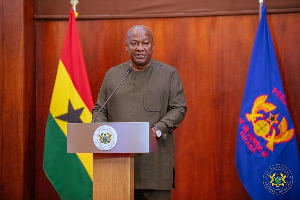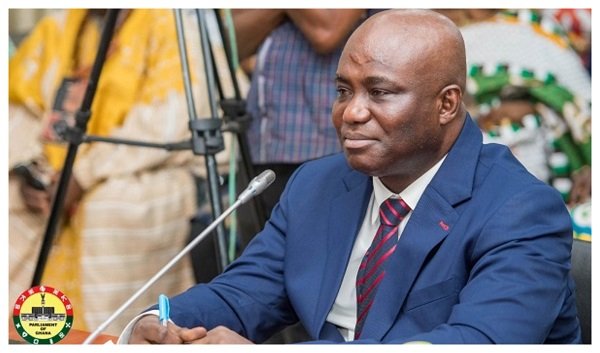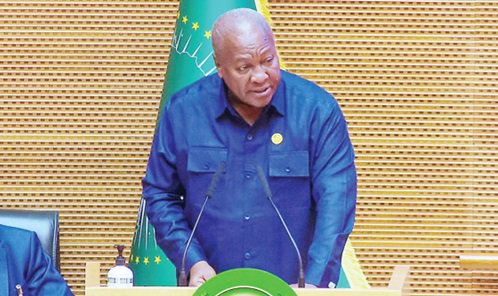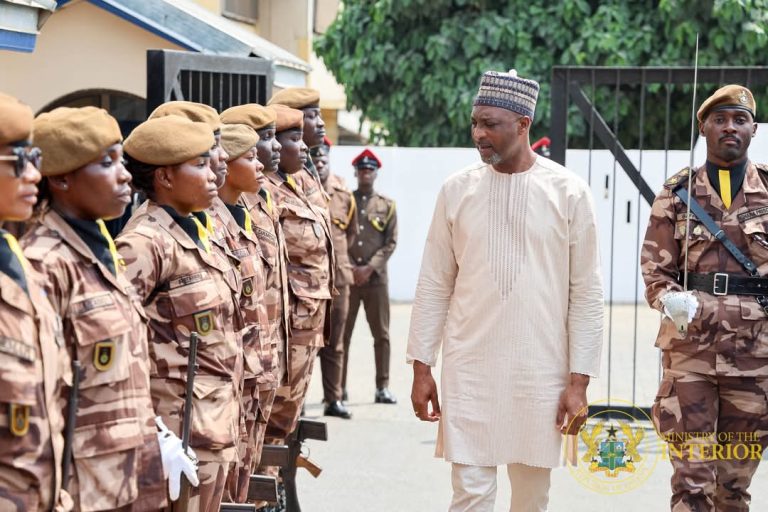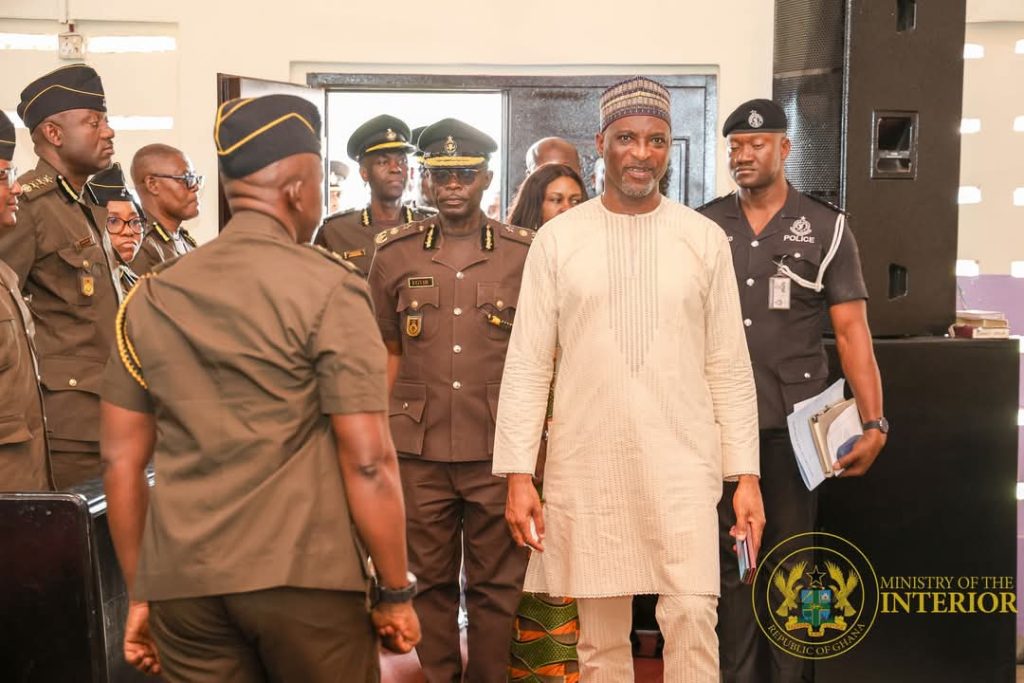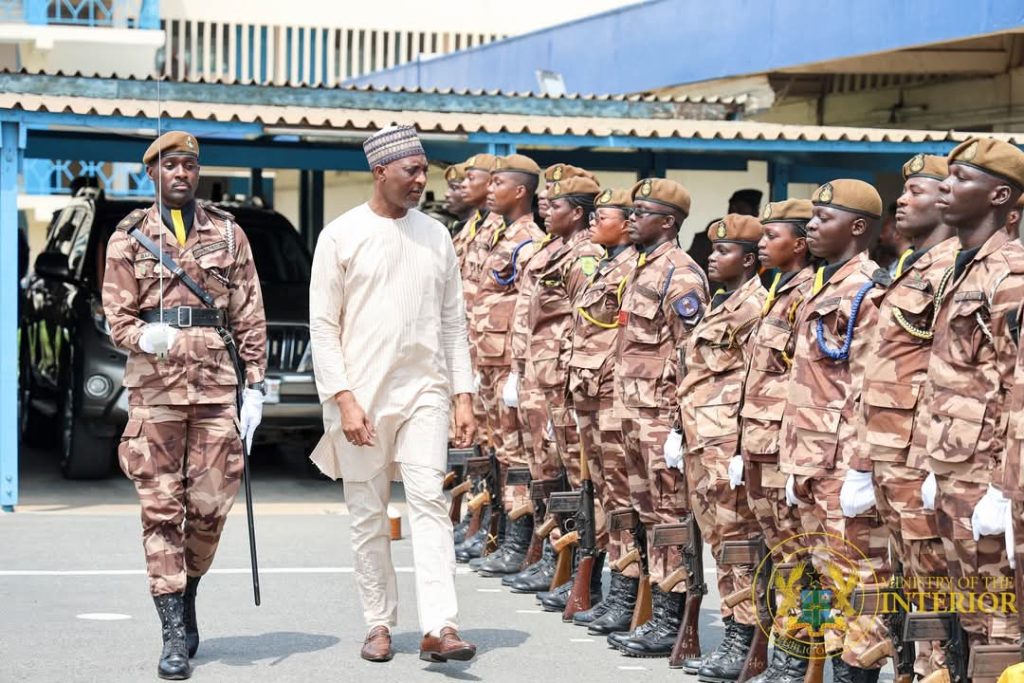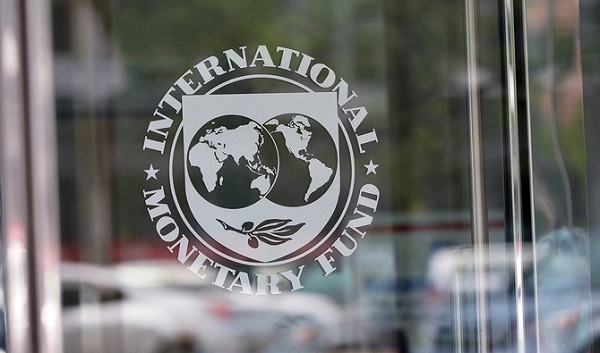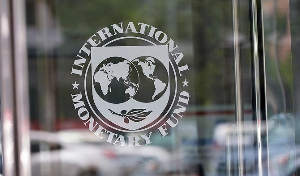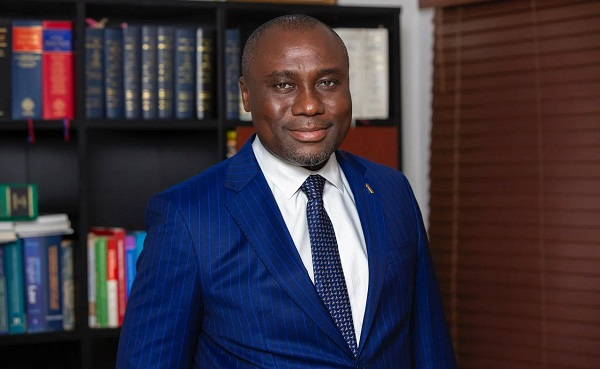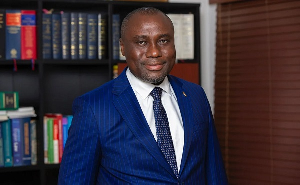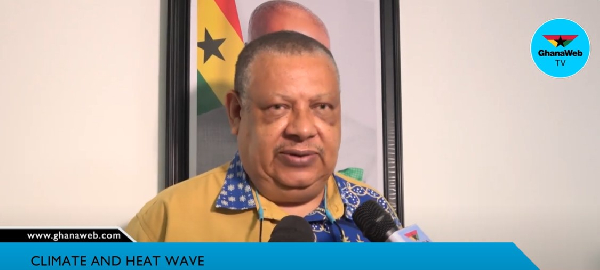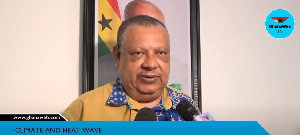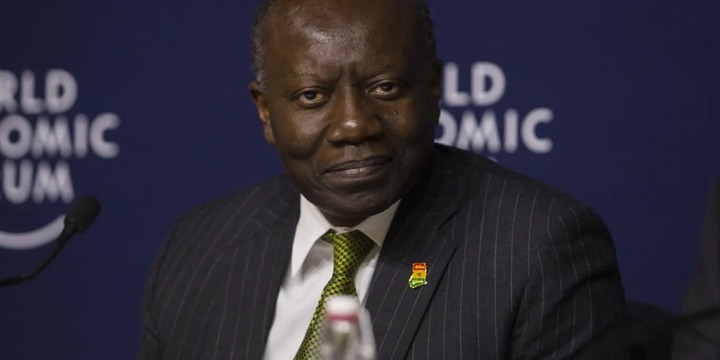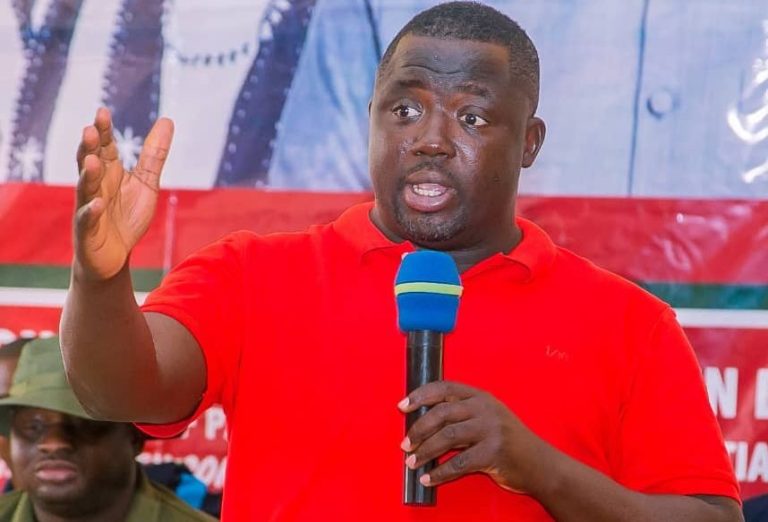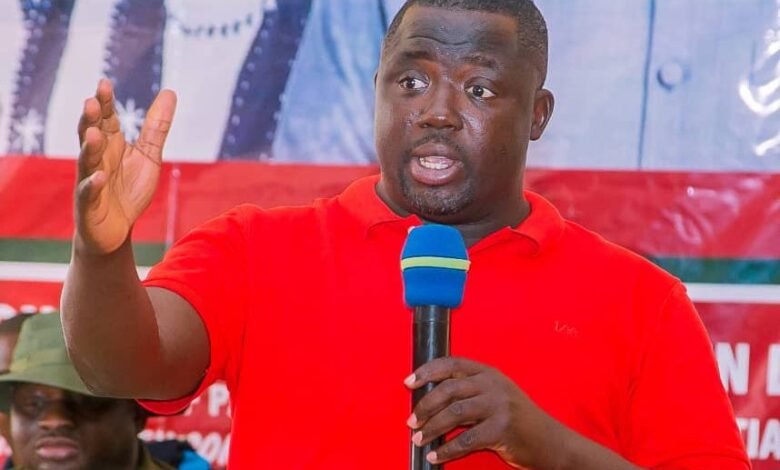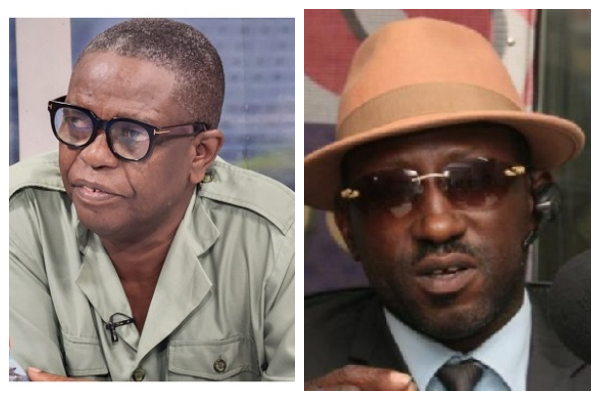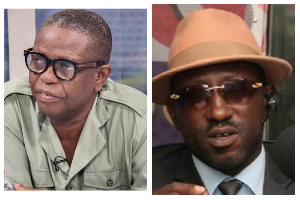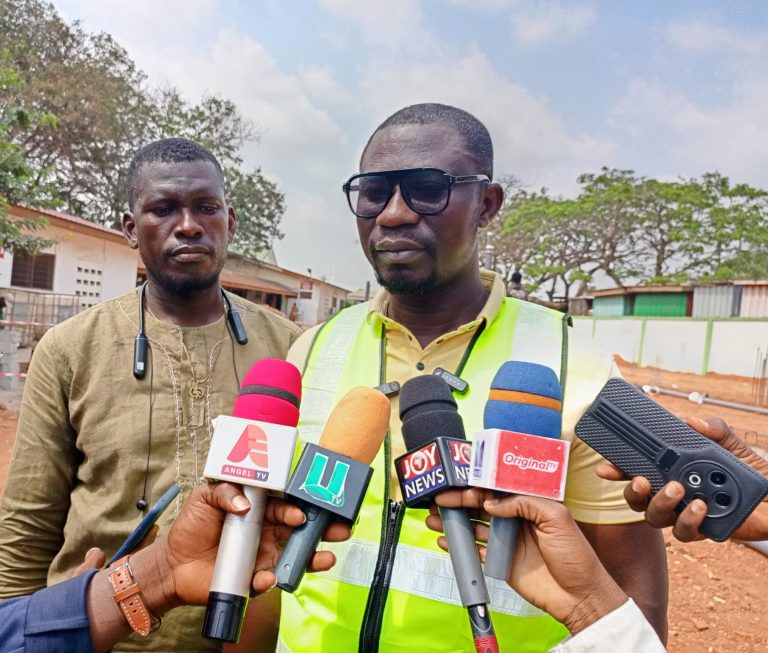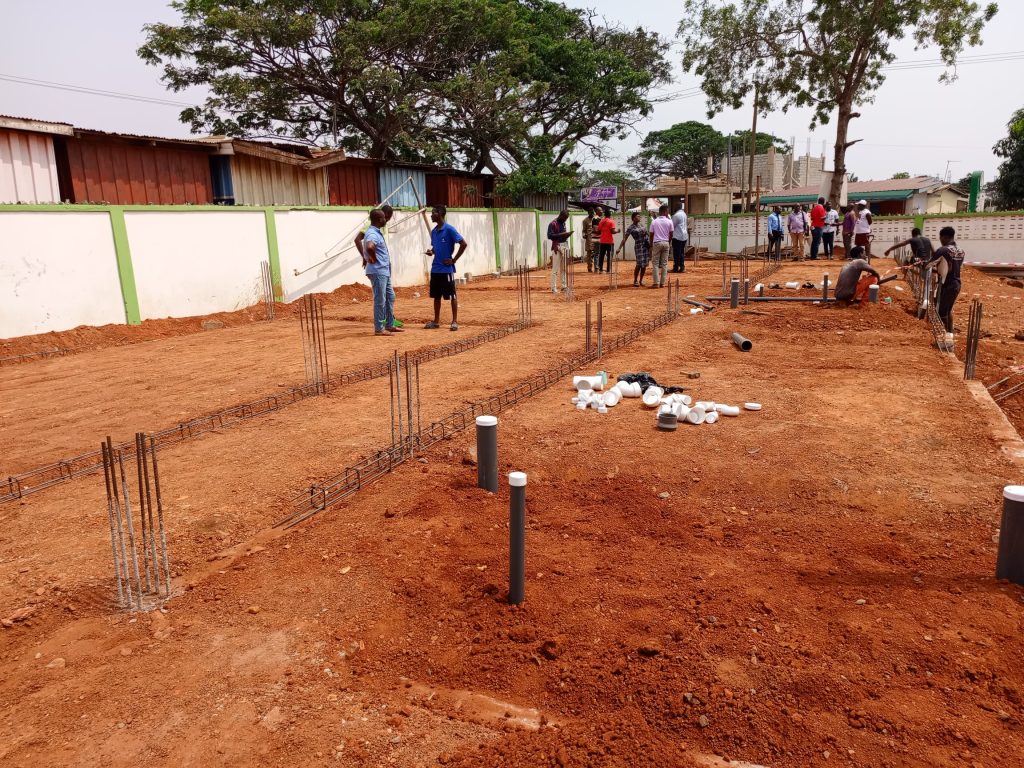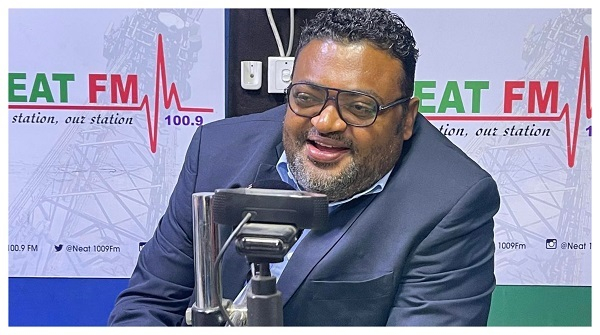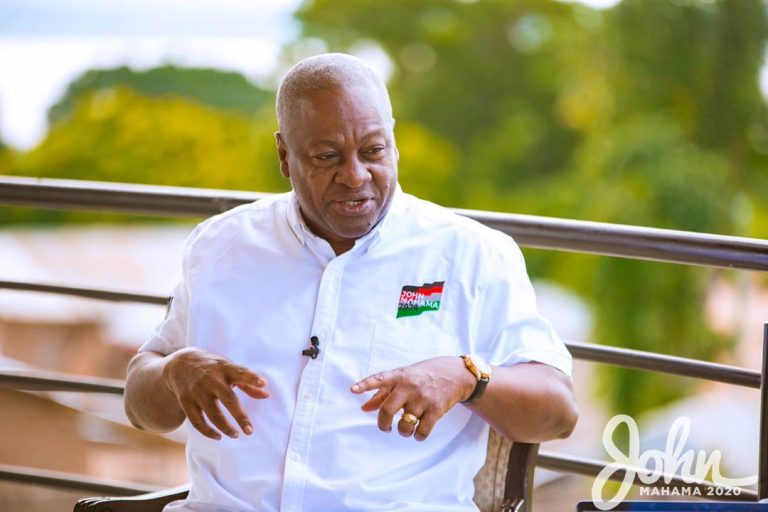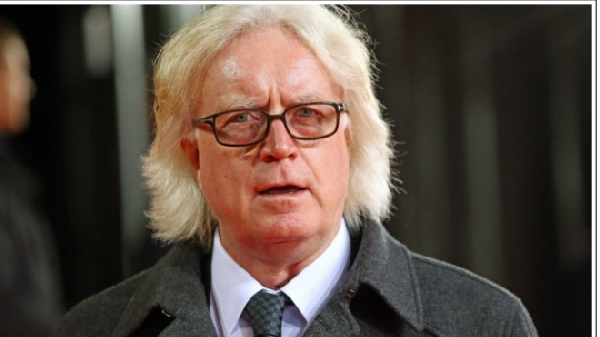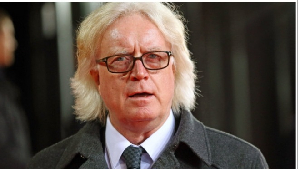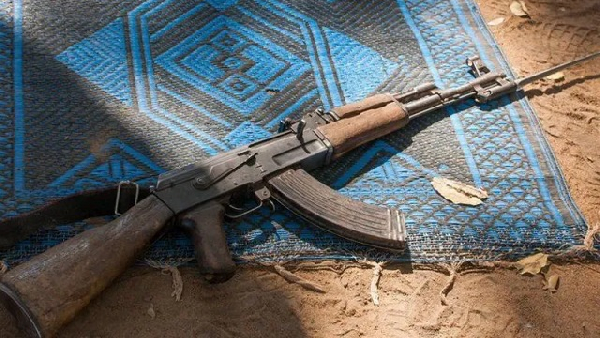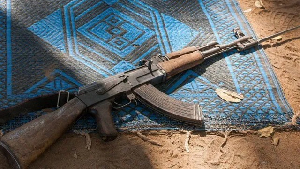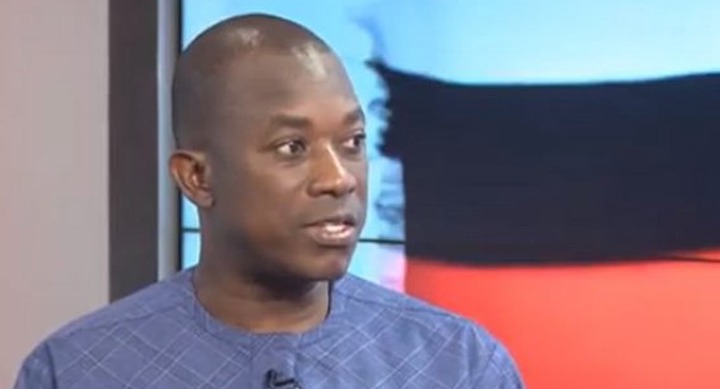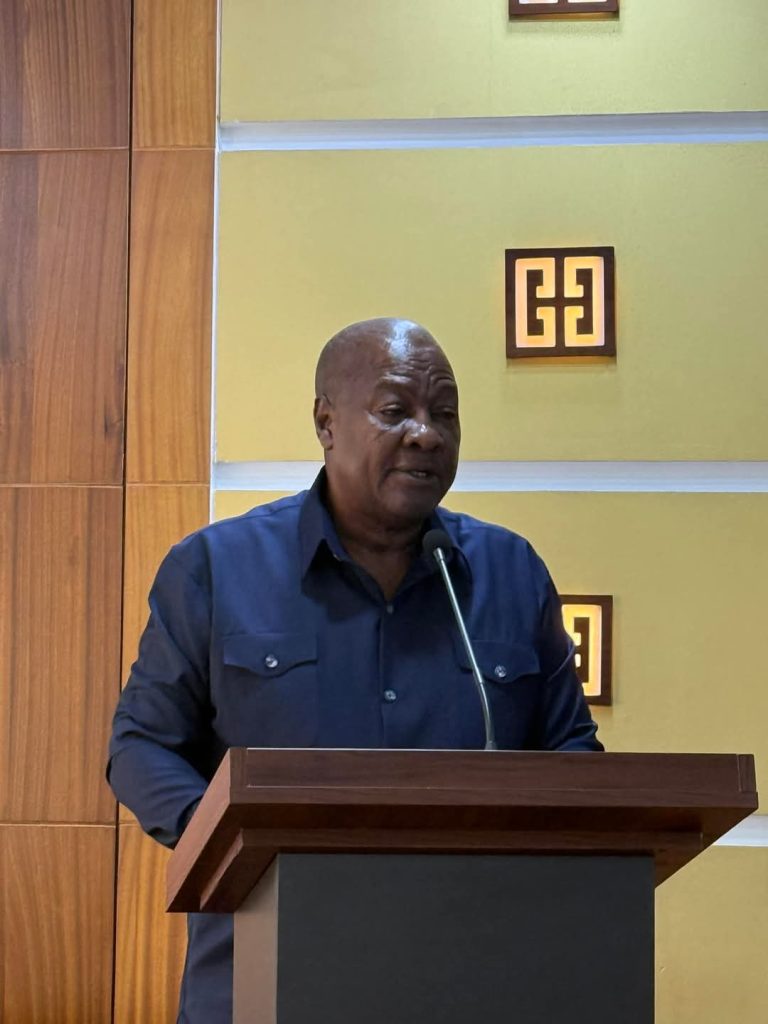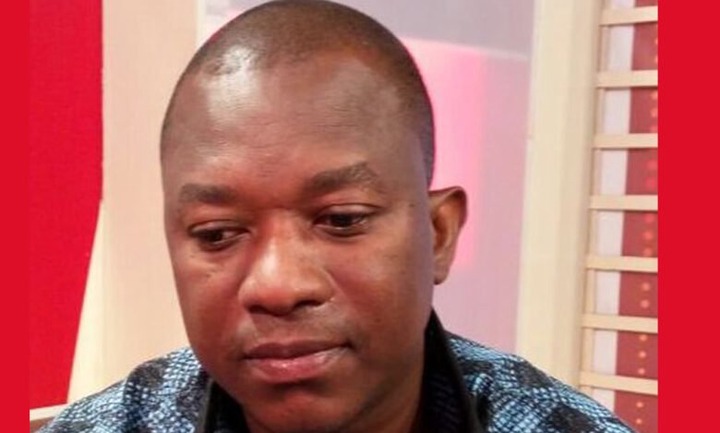President John Dramani Mahama has given his appointees up to March 31, 2025, to declare their assets or face severe sanctions, including the possibility of being removed from office.
Article 286 of the 1992 Constitution of Ghana mandates public officeholders to complete and submit Assets Declaration forms to the Auditor-General’s office upon resumption of office.
But who are the public officeholders, including the appointees of the president, who are mandated to declare their assets?
The Public Office Holders (Declaration of Asset and Disqualification) Act, 1998, Act 550, lists the public officers who are to declare their assets, including:
a) President of the Republic;
b) Vice-President of the Republic;
c) Speaker, the Deputy Speaker, and a member of Parliament;
d) Minister of State or Deputy Minister;
e) Chief Justice, Justice of the Superior Court of Judicature, Chairman of a Regional Tribunal, the Commissioner for Human Rights and Administrative Justice and his deputies, and all judicial officers;
f) Ambassador or High Commissioner;
g) Secretary to the Cabinet;
h) Head of a Ministry or government department or equivalent office in the Civil Service;
i) Chairman, managing director, general manager, and departmental head of a public corporation or company in which the State has a controlling interest; and
j) The Governor of the Bank of Ghana and his deputies;
k) Chairman of the Electoral Commission and his deputies;
l) Chairman of the National Commission for Civic Education and his deputies;
m) Head of Chancery of the Ghana Embassy or Ghana High Commission;
n) Heads of Departments of the Bank of Ghana;
o) Officers in the Armed Forces seconded to civilian establishments and institutions;
p) Members of the Tender Boards of the Central, Regional, and District Assemblies;
q) Officials of the Vehicle Examination and Licensing Division (VELD) not below the rank of Vehicle Examiner;
r) Presidential staffers and aides;
s) Officers of the rank of Assistant Inspector of Taxes and above in the Ghana Revenue Authority or its equivalent;
t) Officers of the Police Service;
u) Officers of the Prison Service;
v) District Chief Executive;
w) Presiding member and secretary of Metropolitan, Municipal, and District Assemblies;
x) Chairman of the Public Services Commission and his deputies.
Aside from appointees of the president, other public officeholders are required to file their tax returns, including personnel of the Ghana Armed Forces.
Below are the known political public officeholders who are expected to declare their assets:
a) Head, Office of the Civil Service;
b) Persons who are:
i) Heads of;
ii) Accountants in;
iii) Internal Auditors in;
iv) Procurement Officers in; and
v) Planning and Budget Officers in finance and procurement departments of government ministries, departments, and agencies, District, Municipal, and Metropolitan Assemblies;
c) An officer in any other public office or public institution other than the Armed Forces, whose salary is equivalent to or above the salary of a Director in the Civil Service.
BAI/EK
Also, watch some videos of GhanaWeb CEO’s interview with the Minister of Climate Change and Sustainability
Meanwhile, watch as 72-year-old Kenyan Kwame Donkor is shockingly discovered on NSS payroll


